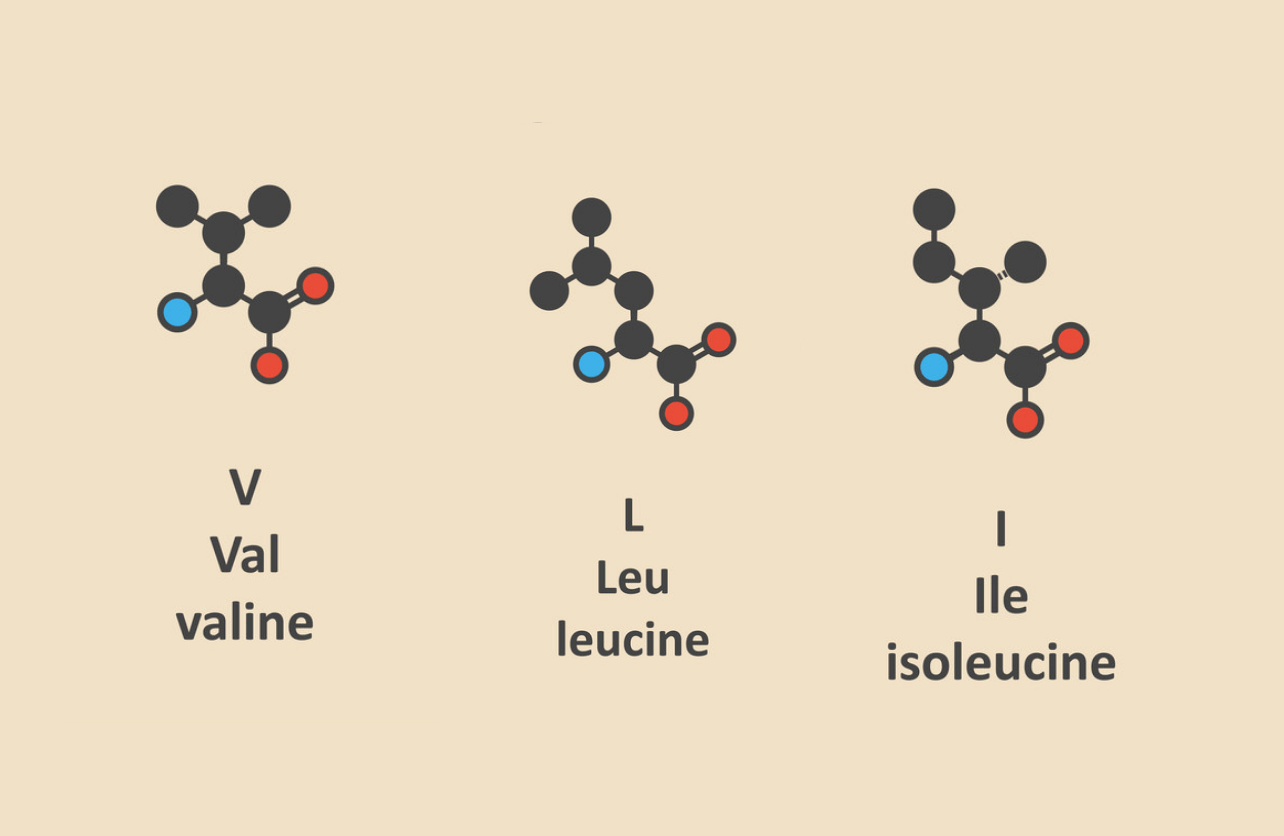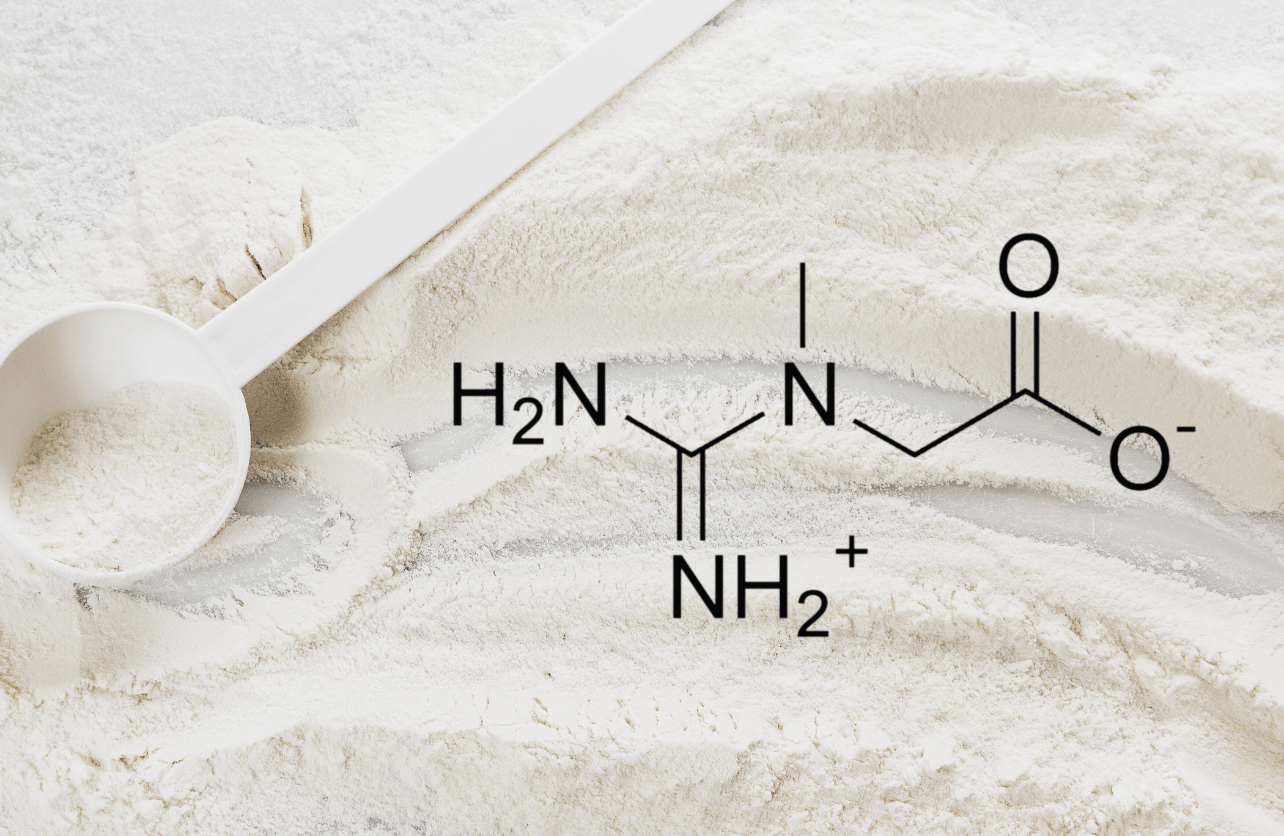BCAAs vs Creatine: Is There a Difference?

If you’re hitting the gym regularly with the goal of building muscle, you’ve likely come across the terms BCAAs and creatine. Both are popular supplements touted for their ability to enhance muscle growth, boost recovery, and improve athletic performance. But with so many options available, you might be wondering: “Should I choose BCAAs, creatine, or even both?” Let’s break down what each supplement offers and help you decide which one aligns best with your fitness journey.
Understanding BCAAs and Creatine
What Are BCAAs?

Branched-Chain Amino Acids (BCAAs) refer to three essential amino acids: leucine, isoleucine, and valine. These amino acids are termed “branched-chain” due to their chemical structure and are crucial because your body can’t produce them on its own. That means you need to get them through your diet or supplements.
Key Roles of BCAAs:
- Muscle Protein Synthesis: Leucine, in particular, activates pathways that kickstart muscle growth.
- Reducing Muscle Soreness: BCAAs can help decrease the muscle damage that leads to soreness after intense workouts.
- Energy During Workouts: They can serve as a quick energy source, especially during prolonged exercise sessions.
What Is Creatine?

Creatine is a compound derived from three amino acids: glycine, arginine, and methionine. It’s stored in your muscles as creatine phosphate and plays a vital role in producing energy during high-intensity activities.
Key Roles of Creatine:
- Boosting ATP Production: ATP (adenosine triphosphate) is the primary energy carrier in cells. Creatine helps replenish ATP, allowing for sustained energy during short bursts of intense exercise.
- Enhancing Strength and Power: By increasing the availability of ATP, creatine enables you to lift heavier weights and perform more reps.
- Supporting Muscle Growth: Creatine draws water into your muscle cells, promoting an environment conducive to muscle growth and recovery.
BCAAs vs Creatine: The Core Differences
While both BCAAs and creatine support muscle growth and performance, they do so in distinct ways.
| Aspect | BCAAs | Creatine |
|---|---|---|
| Composition | Leucine, Isoleucine, Valine | Glycine, Arginine, Methionine |
| Primary Function | Muscle protein synthesis, reducing soreness | ATP replenishment, enhancing strength and power |
| Supplement Forms | Powders, capsules | Monohydrate, ethyl ester, hydrochloride |
| Best For | Reducing muscle fatigue, promoting recovery | Increasing muscle mass, improving performance |
| Dietary Sources | Meat, dairy, legumes, nuts | Meat, fish, supplements |
| Timing of Intake | Before, during, or after workouts | Before or after workouts |
Which Supplement Should You Choose?
Opt for BCAAs If:
- You’re Focused on Recovery: If your main goal is to reduce muscle soreness and accelerate recovery between workouts, BCAAs can be beneficial.
- You Train Fasted: For those who work out on an empty stomach, BCAAs can provide immediate amino acids to support muscle maintenance.
- You’re on a Caloric Deficit: If you’re trying to lose weight while preserving muscle mass, BCAAs can help prevent muscle breakdown.
Opt for Creatine If:
- You Aim to Increase Strength and Power: Creatine is renowned for its ability to enhance performance in high-intensity, short-duration exercises like weightlifting and sprinting.
- You’re Looking to Build Muscle Mass: By allowing you to train harder and recover faster, creatine indirectly supports significant muscle growth.
- You Engage in High-Intensity Training: If your workouts are intense and frequent, creatine can help sustain your performance levels.
Should You Use Both?
Combining BCAAs and creatine isn’t necessary for everyone, but it can be advantageous in certain scenarios:
- Enhanced Recovery and Performance: Using BCAAs for immediate muscle support and creatine for long-term strength gains can provide a comprehensive supplementation strategy.
- Diverse Training Needs: If your training regimen includes both endurance and strength components, utilizing both supplements can cover a broader range of performance aspects.
Practical Tips for Supplementation
How to Take BCAAs:
- Dosage: Typically, 5-10 grams per serving.
- Timing: Consume BCAAs before, during, or after workouts to maximize their benefits.
- Mixing: BCAAs can be easily mixed with water, juice, or your favorite workout shake.
How to Take Creatine:
- Dosage: A maintenance dose ranging from 3-5 grams daily is sufficient.
- Timing: Some prefer taking creatine post-workout to aid recovery, and others take it before workouts to enhance performance, but in truth, the timing doesn’t matter much. You can take creatine whenever is most convenient for you.
- Mixing: Creatine monohydrate is best dissolved in warm water, a protein shake, or a non-acidic juice for better solubility. If you prefer, you can also supplement with creatine gummies.
Potential Side Effects and Considerations
BCAAs:
- Digestive Issues: Some people may experience bloating or stomach discomfort.
- Taste: Depending on the brand, BCAA supplements can have a strong or artificial taste.
Creatine:
- Water Retention: Creatine can cause your muscles to hold onto water, leading to a bloated feeling in the short term.
- Kidney Concerns: Although research shows creatine is safe for healthy individuals, those with kidney issues should consult a healthcare professional before use.
- Digestive Discomfort: High doses may lead to stomach cramps or diarrhea.
Conclusion: BCAAs vs Creatine
Both BCAAs and creatine offer unique benefits that can enhance your muscle-building and athletic performance efforts. Creatine is the most widely researched supplement, right behind whey protein, and its ability to increase strength, power, and muscle mass is undeniable. BCAAs, on the other hand, are useful in supporting muscle recovery and reducing soreness, which can be particularly useful for those engaged in intense or frequent training sessions.
Ultimately, the choice between BCAAs and creatine depends on your specific fitness goals, dietary habits, and training intensity. For most individuals focused on building muscle and improving performance, creatine is likely the more impactful supplement. However, if your primary concern is recovery and preventing muscle breakdown, especially in particular training scenarios, BCAAs can be a valuable addition to your supplement stack. If you’re an advanced athlete and can afford both, you can definitely consume both as they serve different purposes, with BCAAs focusing on muscle recovery and creatine enhancing strength and performance.
Pro Tip: Always consult with a healthcare or nutrition professional before starting any new supplement regimen to ensure it aligns with your personal health needs and fitness objectives.
Building a Stronger You
Supplement Institute is the fruit of extensive online publishing experience, spanning the breadth of SEO strategies to the nuances of paid advertisements. Our journey, marked by significant achievements and learning moments, inspires our core mission: to empower our readers with an abundance of information. By sharing insights and key learnings, we aim to provide you with the knowledge needed to navigate the complex world of supplements, helping you make well-informed decisions for your health and well-being. Welcome to Supplement Institute, where information is your greatest supplement.